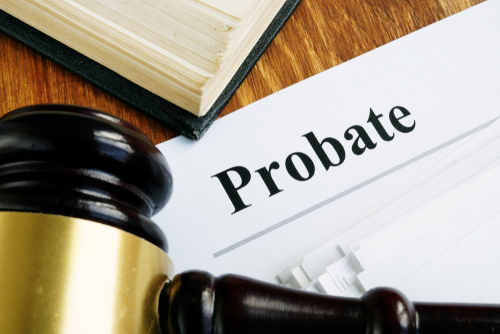While your rights as a domestic partner may differ depending on the state you live in and possibly even the city or county, a domestic partner is unlikely to have the same rights as a spouse.
What defines a domestic partnership?
A domestic partnership is an alternative to marriage that any couple can choose if marriage is not something they desire.
Originally, domestic partnership was an alternative to marriage intended for same-sex couples who could not legally get married.
However, in 2015, the United States Supreme Court legalized same-sex marriage in Obergefell v. Hodges, making marriage a legal alternative for same-sex partners.
In general, any two adults who live together and plan to do so indefinitely can be in a domestic partnership.
Domestic partners:
- Intend to be each other’s, only domestic partner
- May be financially responsible for each other
- May or may not enter into a legal agreement
The legal rights and benefits domestic partners receive vary widely by state.
Some states require a formal registration process in order to receive benefits.
Others do not. Most states do not offer domestic partners any benefits, but the ones that do may offer:
- Health insurance
- Sick leave
- Adoption rights
- Death benefits
- Parental leave
- The power to make medical and financial decisions on their partner’s behalf
There is a wide variance in what states offer in terms of domestic benefits. Therefore, it is important to consult with an attorney familiar with your state’s laws in order to determine the benefits, if any, a domestic partner might have.
Estate Planning for Unmarried Couples
In most states, the default person to make decisions regarding distributing a person’s property upon their death or make decisions for them should they become incapacitated is their spouse.
Therefore, couples who are unmarried or not in a valid domestic partnership recognized by local law need to know about potential estate planning issues they might face.
Estate planning challenges may arise if your significant other is not a legally recognized spouse. Examples of these challenges include:
- An inability to manage your significant other’s financial affairs
- An inability to speak to institutional or government representatives if your significant other becomes incapacitated
- An inability to make medical decisions for your significant other or receive healthcare information during a serious illness or incapacity
- An inability to collect income, government benefits, insurance benefits, or retirement benefits that are reserved for a deceased person’s surviving spouse
- An inability to take advantage of marital deductions or exemptions for federal estate or gift taxes
- An inability to take advantage of a tax deferral by rolling over retirement accounts that can only be rolled over by the deceased account owner’s surviving spouse
- An inability to serve as an executor or personal representative of your deceased partner’s estate if they have not formally named you for that role in their Last Will and Testament
- An inability to claim property and accounts if your name is not on the title
- An inability to claim custody of your children if you are not their legal parent either through adoption or another legal proceeding giving you parental rights
If your significant other is incapacitated and has not set up a financial power of attorney designating you as their agent to act on their behalf, the court will need to designate a guardian or conservator to manage their affairs.
State default laws usually prioritize a child, parent, or another relative when appointing a guardian or conservator if there is no spouse.
The same is true when making medical decisions. A child, parent, sibling, grandchild, or grandparent is usually authorized to make medical decisions and receive medical information if there is no spouse.
Your partner can set up a healthcare power of attorney and a living will (advanced directive) to designate you as the authorized person to make medical decisions and to make known their medical wishes.
While there is a long list of potential estate planning challenges for unmarried couples, some of these may be mitigated by living in a state that recognizes a domestic partnership.
Other benefits, such as federal estate and gift tax laws or retirement account laws, are only available to legally married couples.
Unmarried couples need to consult with an estate planning attorney because laws vary so much from state to state.
An estate planning attorney who knows your local laws can help you craft an estate plan that specifies how you want your money and property distributed, plans for taking care of your loved ones, and how you want your financial and medical affairs handled if you become incapacitated.
Contact us
You can schedule a call with us or reach us directly at 855.499.3334 to learn more about how best to plan today to protect those most important to you.








